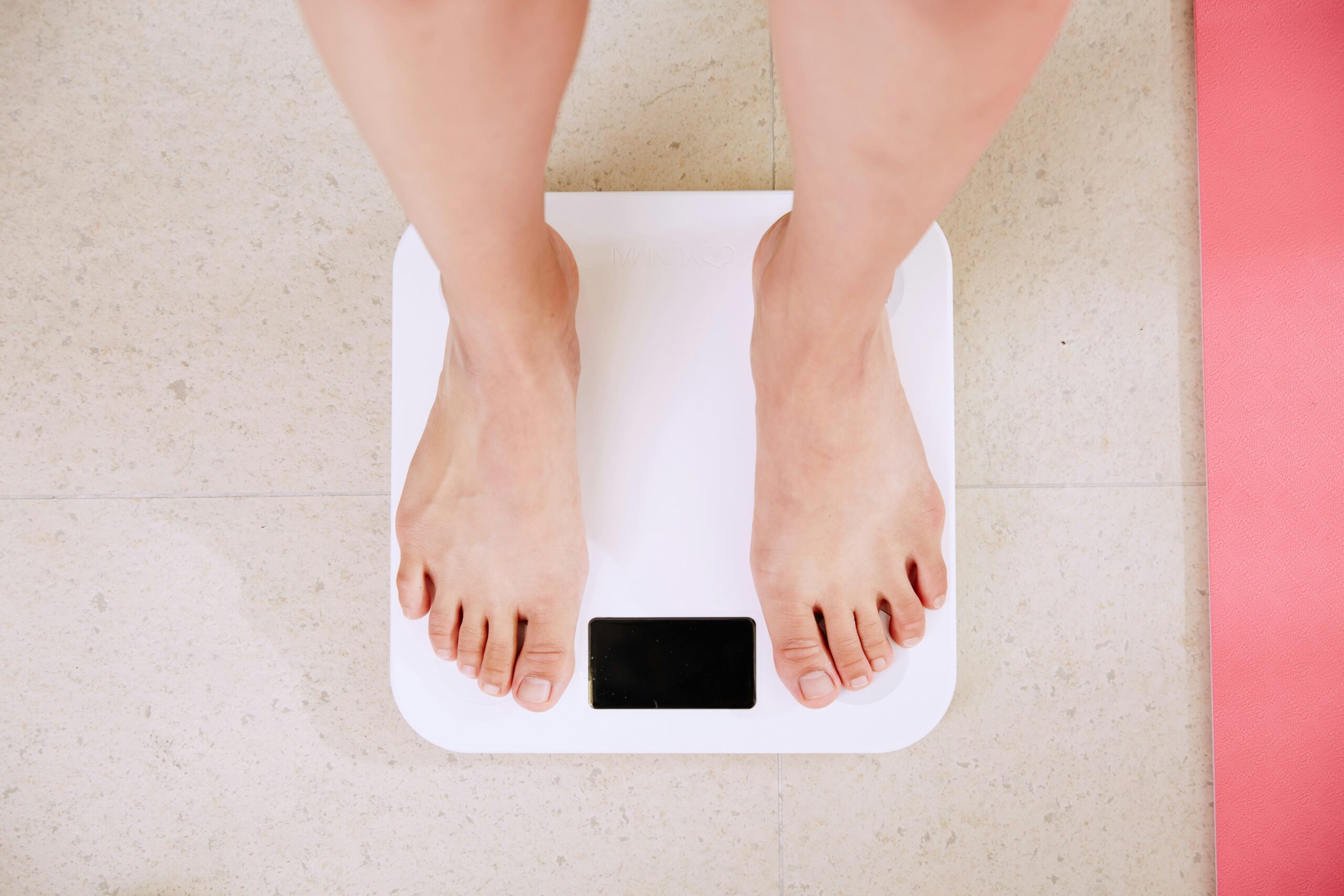
Losing weight is not just about eating less; it?s about understanding how your body processes energy. Weight loss is a combination of caloric intake, metabolism, and fat-burning mechanisms. In this post, we will break down these concepts so you can take control of your weight loss journey effectively.
1. Calories: The Foundation of Weight Loss
What Are Calories?
Calories are units of energy. Your body uses calories from food to perform daily functions such as breathing, digestion, and physical activity.
Caloric Balance: The Key to Weight Loss
- Caloric Surplus: Eating more calories than your body burns ? Weight Gain
- Caloric Deficit: Eating fewer calories than your body burns ? Weight Loss
To lose weight, you need a caloric deficit. A deficit of 500-750 kcal/day can lead to 0.5-1 kg of weight loss per week.
How to Calculate Your Daily Caloric Needs
Your Total Daily Energy Expenditure (TDEE) determines how many calories you burn daily. Use this formula:
TDEE = BMR (Basal Metabolic Rate) + Activity Level
You can calculate your BMR using the Mifflin-St Jeor Equation:
- Men: (10 x weight in kg) + (6.25 x height in cm) ? (5 x age) + 5
- Women: (10 x weight in kg) + (6.25 x height in cm) ? (5 x age) ? 161
Once you know your TDEE, aim for a caloric deficit for weight loss.
2. Metabolism: How Your Body Burns Calories
Metabolism refers to all the chemical reactions in your body that convert food into energy. It has three main components:
1. Basal Metabolic Rate (BMR)
- 60-70% of daily calorie burn
- Energy used for vital functions (breathing, heart function, cell repair)
2. Thermic Effect of Food (TEF)
- 10% of daily calorie burn
- Energy used for digestion & nutrient absorption
3. Physical Activity & NEAT (Non-Exercise Activity Thermogenesis)
- 20-30% of daily calorie burn
- Includes workouts, walking, fidgeting, etc.
How to Boost Metabolism?
? Strength Training ? Builds muscle, which burns more calories at rest
? High-Protein Diet ? Increases TEF and reduces hunger
? Hydration ? Drinking cold water slightly increases calorie burn
? Adequate Sleep ? Poor sleep slows metabolism and increases hunger hormones
? Green Tea & Coffee ? May enhance fat oxidation
3. Fat Burning: How Your Body Uses Stored Fat
Your body stores extra energy as fat. To burn fat, your body must break down fat stores and convert them into usable energy.
Fat Burning Stages:
- Glycogen Depletion (First 24-48 hours): Your body burns stored carbohydrates first.
- Fat Mobilization (After 48 hours+ in deficit): Your body shifts to burning fat for energy.
- Ketosis (Optional, if Low-Carb Diet): Your body uses fat as a primary fuel source.
Best Ways to Maximize Fat Burning:
? Intermittent Fasting (IF) ? Helps mobilize fat stores
? Cardio Workouts ? HIIT & steady-state cardio improve fat oxidation
? Strength Training ? Increases lean muscle, which burns more fat
? Healthy Fats Intake ? Supports hormone function for fat metabolism
4. Common Myths About Weight Loss
? ?Eating Late at Night Causes Weight Gain? ? It?s total calories that matter, not meal timing.
? ?Carbs Are Bad? ? Carbs are an energy source; just choose whole, fiber-rich carbs.
? ?Fat Makes You Fat? ? Healthy fats are essential for metabolism & hormone function.
Conclusion: The Formula for Effective Weight Loss
1?? Create a caloric deficit (Eat less than you burn).
2?? Boost metabolism with strength training, hydration, and protein intake.
3?? Support fat burning through fasting, workouts, and a balanced diet.
By focusing on these principles, you can achieve sustainable weight loss and improve overall health! ?
? Want a customized meal plan? Stay tuned for our next post on the Best Indian Foods for Weight Loss!
